DESCRIPTION: What did you observe, or what did people write or say?
The [REDACTED]’s Young Coconuts Story [REDACTED] is a 35 year old entrepreneur from Mayaro, Trinidad. He is the founder and CEO of [REDACTED]’s Young Coconuts, a dynamic and innovative business which is revolutionizing how the traditional coconut is used in the culinary and festival landscape in Trinidad and Tobago. [REDACTED] grew up in Mayaro Trinidad, a coastal village approximately three hours away from the city centre. In Trinidad, this is as rural as it gets, and as far away from city life as possible. Every day for five years, while attending Secondary School, [REDACTED] would pass through the Manzanilla area on mornings and afternoons, driving past 15 miles of unending coconuts trees that stretch as far as the eye can see. After leaving secondary school at the age of 17, [REDACTED] worked a 9-5 making car batteries on a daily basis. He got retrenched after 9 years and wasn’t sure what his next step would be. One day, while at the supermarket, [REDACTED] saw a lady struggling to lift a jar of coconut water into her cart. It was there that the idea was born! He got a flash of the miles of coconut trees in Mazanilla and thought how amazing it would be if he could bring the actual coconut, in its natural form to the supermarkets. [REDACTED] figured out a way to brand the coconuts with his business name and started to sell the coconuts in stores and supermarkets. He then turned the actual coconut into a cocktail “glass” of sorts, by adding umbrellas and colourful straws and turning the coconut into an experience. Soon, he was sharing the [REDACTED]’s Young Nuts experience in parties and carnival events. People lined up at his booth to sample the party coconut. In these events, people would come to him with their cups of alcohol from other vendors and ask him to throw the alcohol into the coconut. This was difficult to do as the hole for the straw was so small. But he tried to please his patrons. One day, while in in the neighbouring island of Grenada, [REDACTED] saw two miniature alcohol bottles in his hotel room. Lightbulbs started going off and he knew that he would need to figure out a way to integrate the miniature alcohol bottle with his coconut. Without a firm plan in place, [REDACTED] ordered bag-fulls of miniature alcohols from the United States. After trial and error, and using various innovative methods, he finally mastered the exact measurements to integrate the miniature bottles with his coconuts. He set up meetings with the major alcohol brands in Trinidad to try to partner with them for party events and to try to break in to the multi-million dollar carnival industry. At first executives were skeptical. Here was a young man, from a remote village… what did he know about the carnival industry, or marketing and branding. The first brand that took a chance was Hennessey. After the first major carnival event, they knew they had the next big thing on their hands. Lines snaked around the event and people were eager to sample [REDACTED]’s Young Coconuts. [REDACTED] now has 27 patents for his product. This includes variations of his coconut with handles and other secrets soon to be revealed. He also innovated around the branding of the coconut itself since he had to figure out a way for the branding to stay on the nut as it is always wet. Now a company can send their logo, or a person can send their picture, and have it branded onto the coconut. [REDACTED] and his team do all the branding themselves and invest money to the equipment that will keep them ahead of the game. They even innovated around the way to peel the coconut as if it’s an orange! He has developed a customized machine that will peel at different speeds and depths. [REDACTED] now travels across the Caribbean for various events including birthdays, weddings and parties. He has orders from the UK to Israel and his next steps include setting up outlets across the Caribbean and taking his product global.
PHOTO/ ILLUSTRATION: Please provide a photo or an illustration of what you observed.
NEED: What need does this answer?
Sometimes, an innovation does not answer an obvious need. [REDACTED] was out of a job and was searching for the next thing to do. A chance encounter at a supermarket put an idea in his head that he could not let go of. He explained that people eat and drink with their eyes so he needed to come up with a way to "reinvent" the coconut, and to make it appealing and marketable. The various innovations that he has established around the coconut answer the need he has to improve his product: - a machine to peel the coconut like an orange (for branding and presentation) - a branding method that won't wash off due to constant exposure to water and ice (to ensure that his brand is strong and lasting) - a tool to punch different sizes of holes into the coconut (constant product enhancement) - a flavourful mixture to give the coconut water taste an even better Caribbean "feel" (service-enhancement)
INSIGHTS: What lessons can be learned from this observation?
Lesson One: The Trinidad and Tobago carnival industry is a multi-million dollar industry that is based on costumes, music, dance and revelry. Food and drinks are a huge part of the festival landscape. However, there is a pervasive feeling that big businesses are crowding out smaller businesses and impeding their ability to compete and obtain contracts for the major events. This solution shows that with the right product, and the right innovation, barriers can be broken and even small businesses can compete in major spaces. Lesson Two: Partnerships are important. [REDACTED] was able to establish partnerships with bigger brands and this allowed his business to grow faster. However it is important to note that he was already achieving success on his own without the major brands. Lesson Three: Innovation can take place around the most unlikely subject, product or service. Once a person has a vision, or a need to be met, they can innovate around that. The interview with [REDACTED] revealed that once he started innovating around the coconut, he could not stop. The ideas kept flowing and he now has 27 patents for something seemingly as simple as a coconut. The innovations that he keeps coming up with are all centred on different things he wants to do with the coconut: - a machine to peel the coconut like an orange; - a branding method that won't wash off due to the constant water and ice that the coconut is exposed to - a tool to punch different size holes into the coconut - a flavourful mixture to give the coconut water taste an even better Caribbean feel Once he can imagine it he now knows that he can figure out a way to do it!
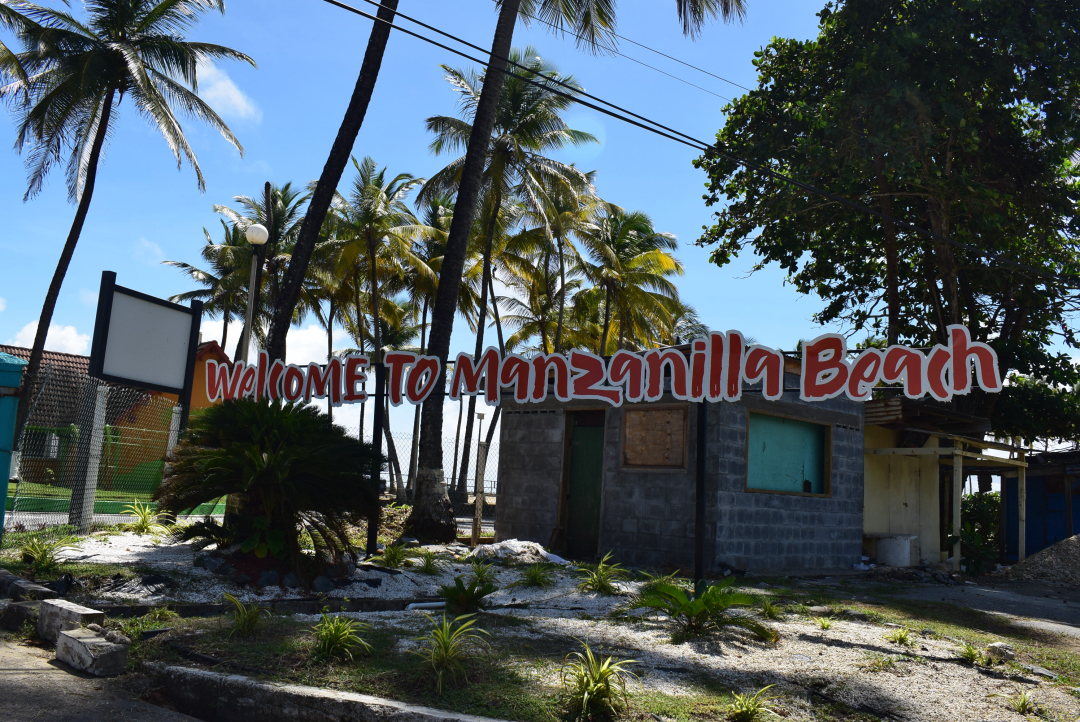
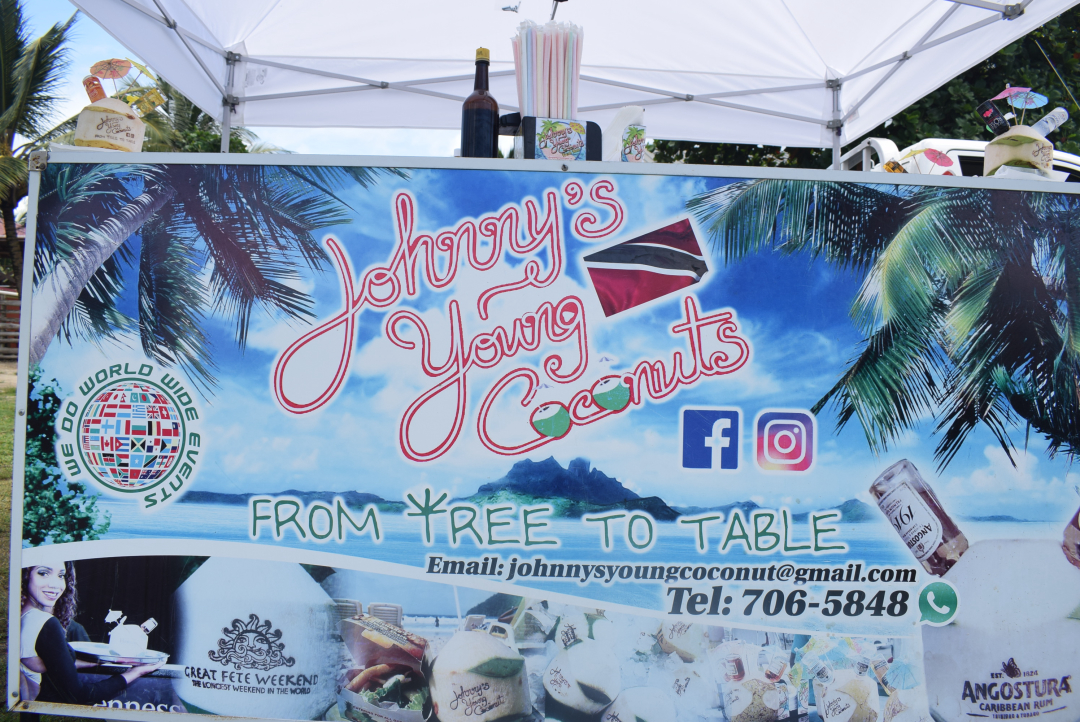
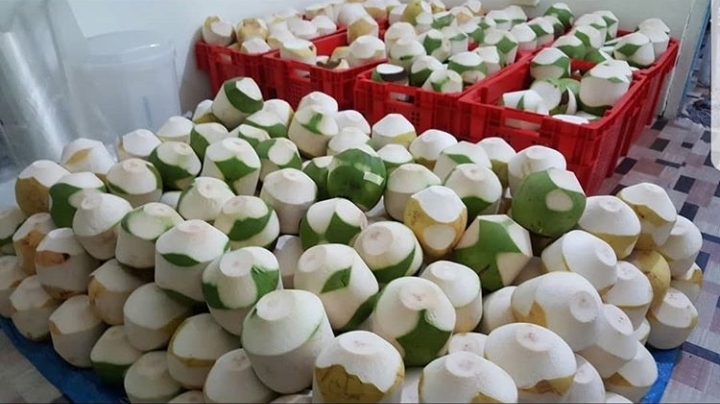
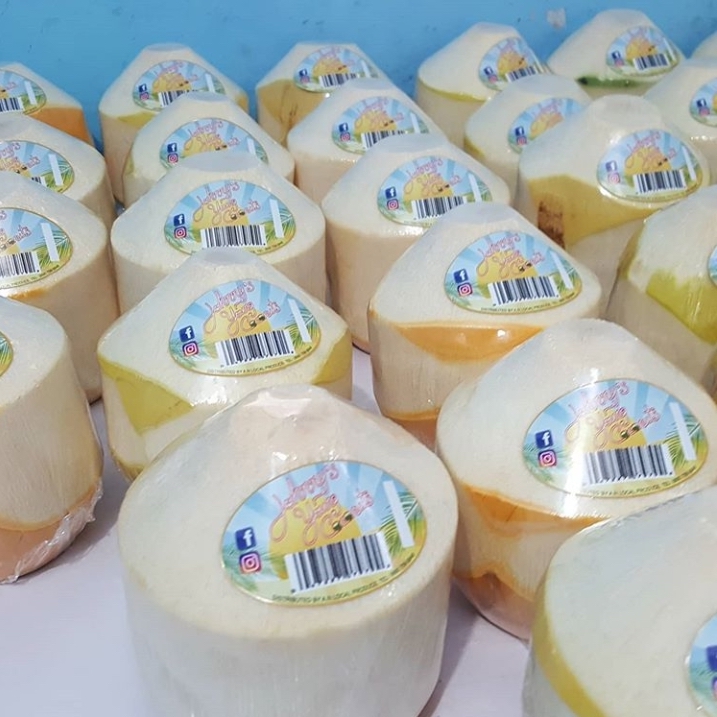
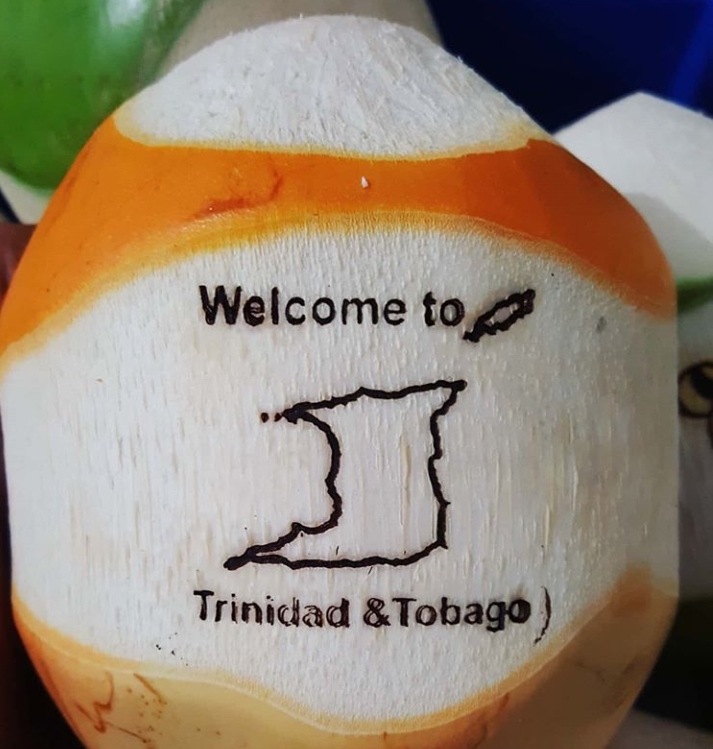
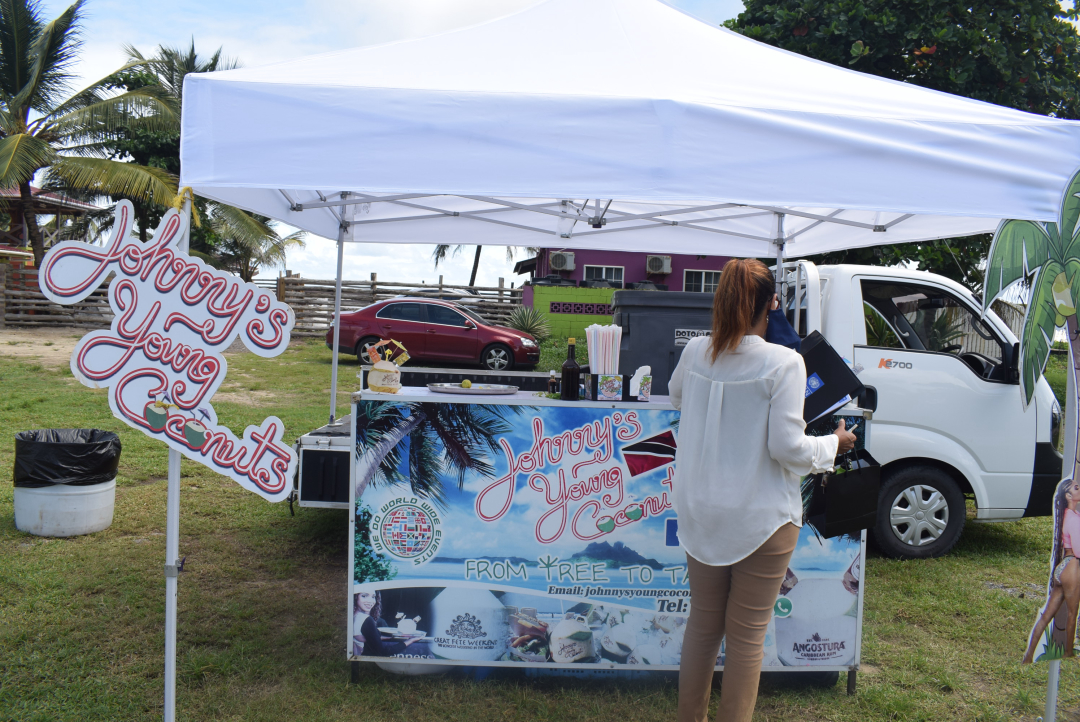
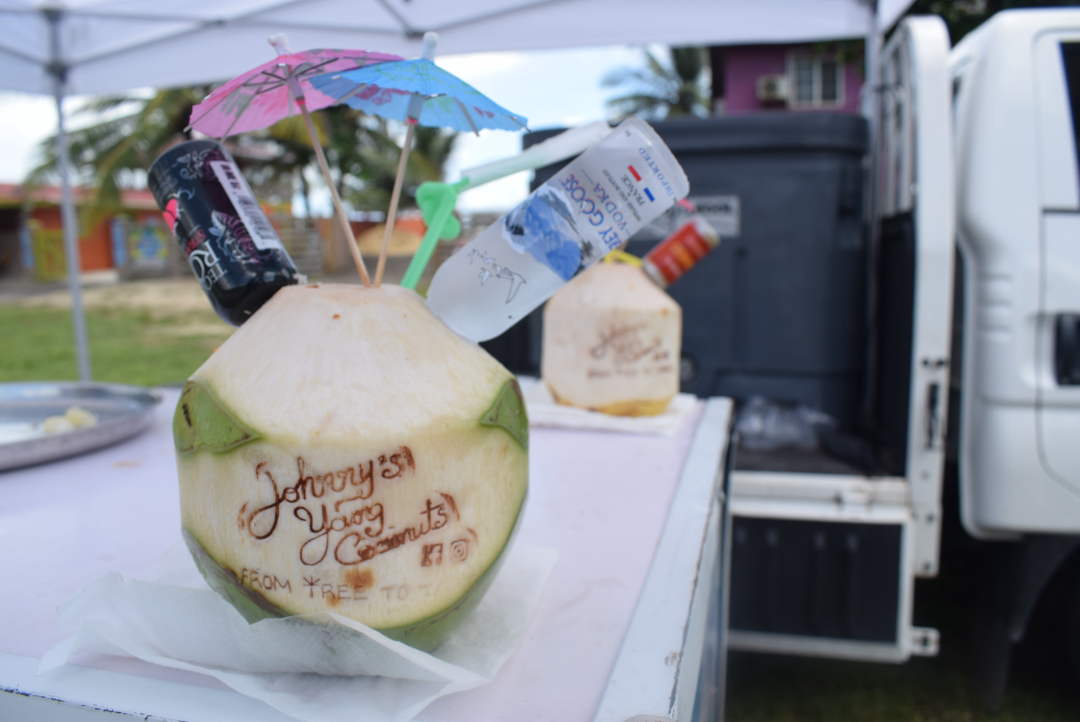
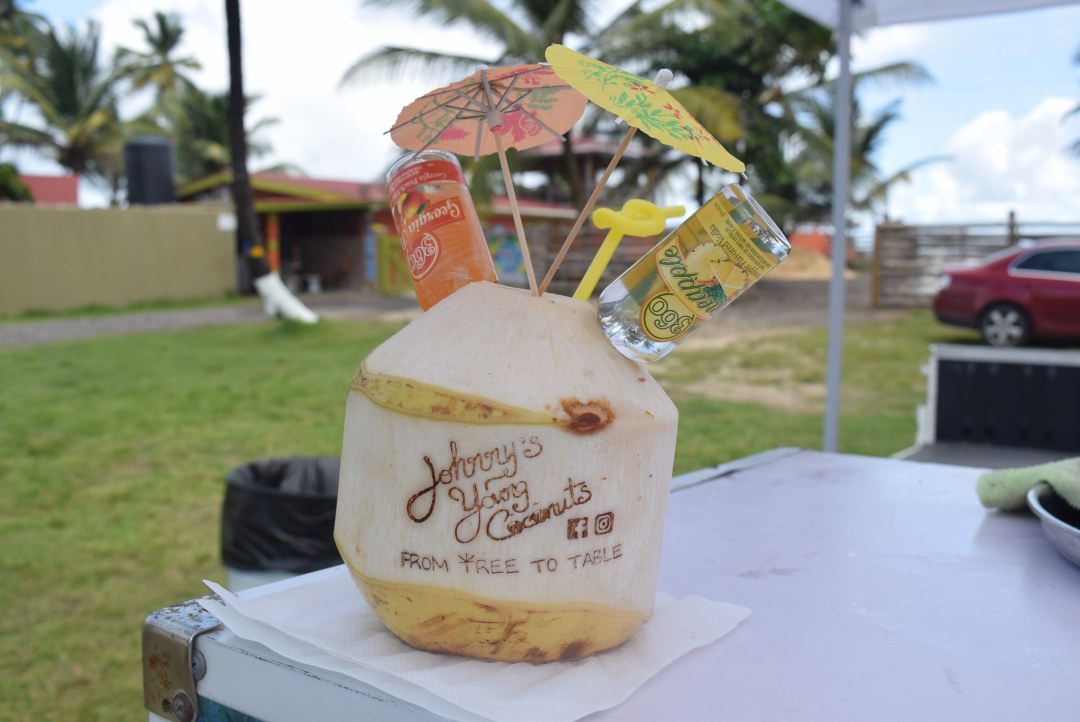
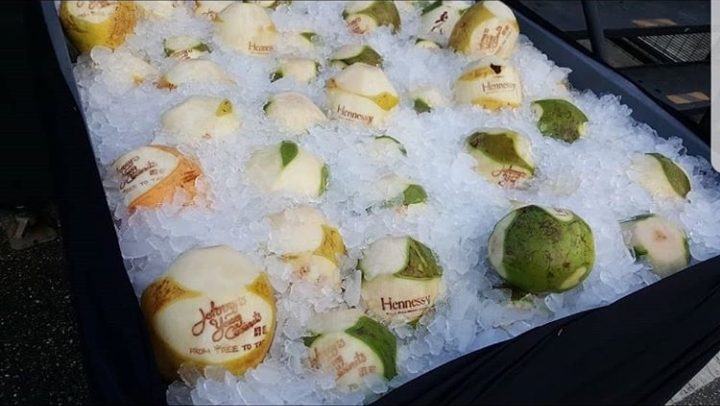
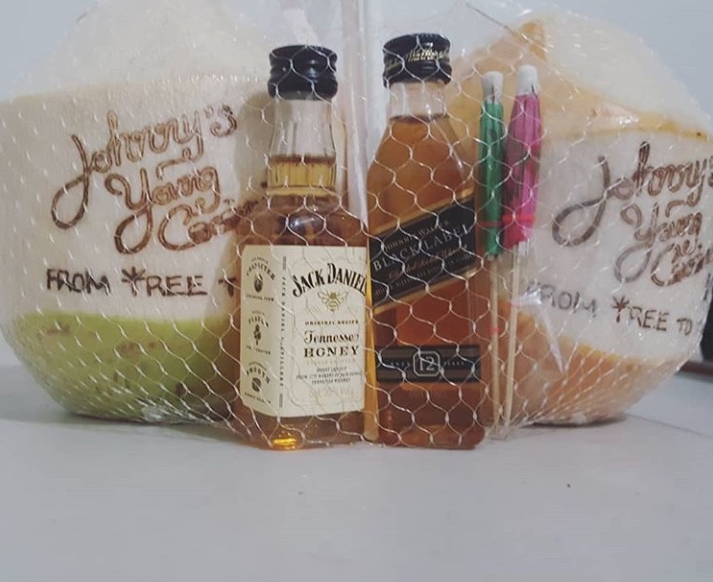
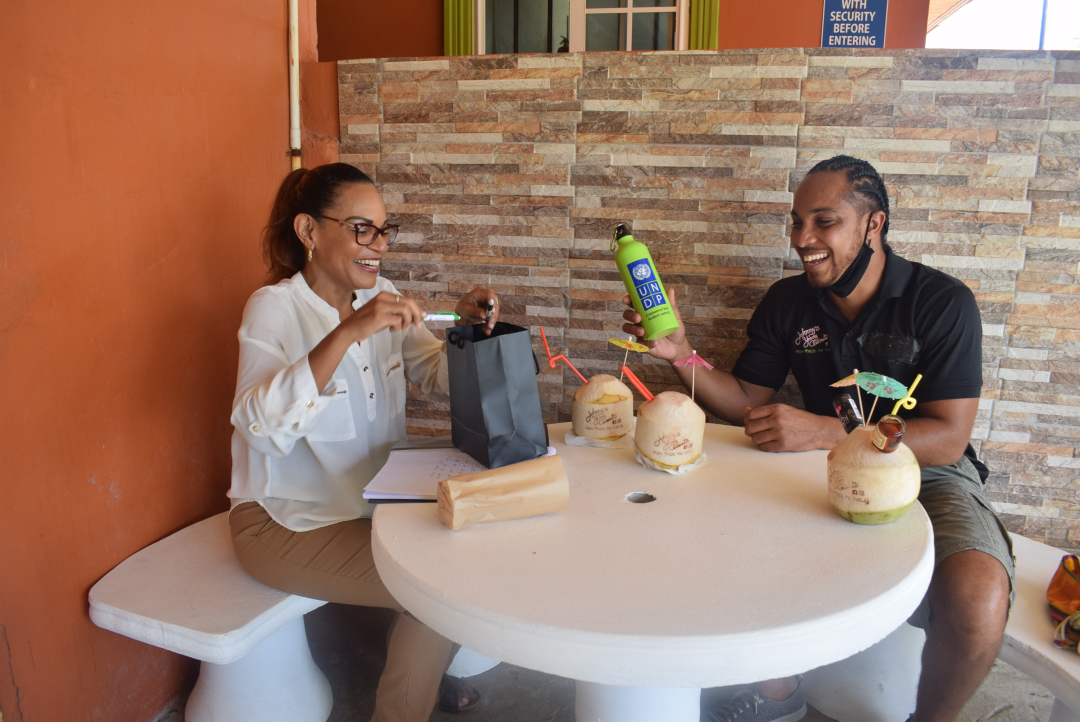
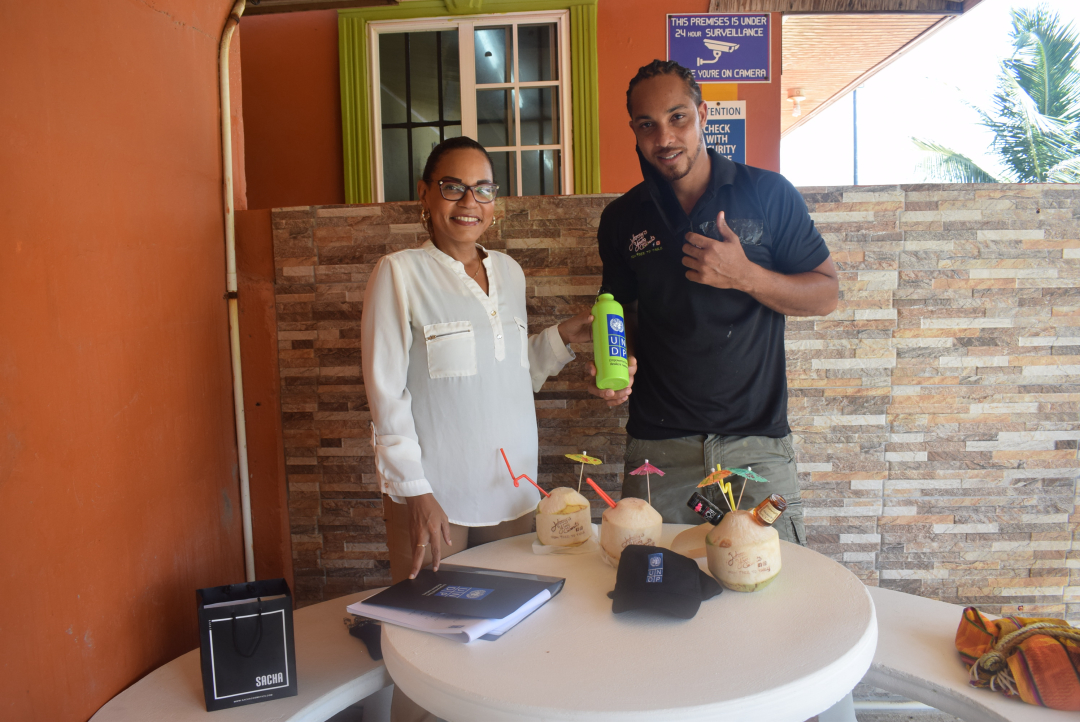
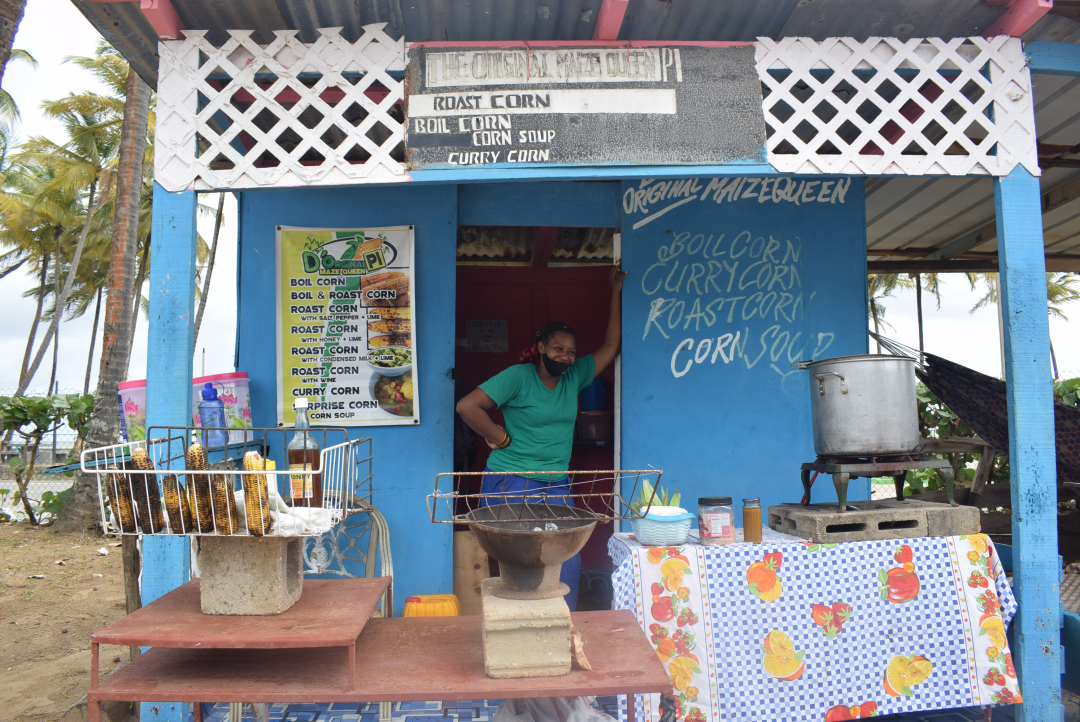
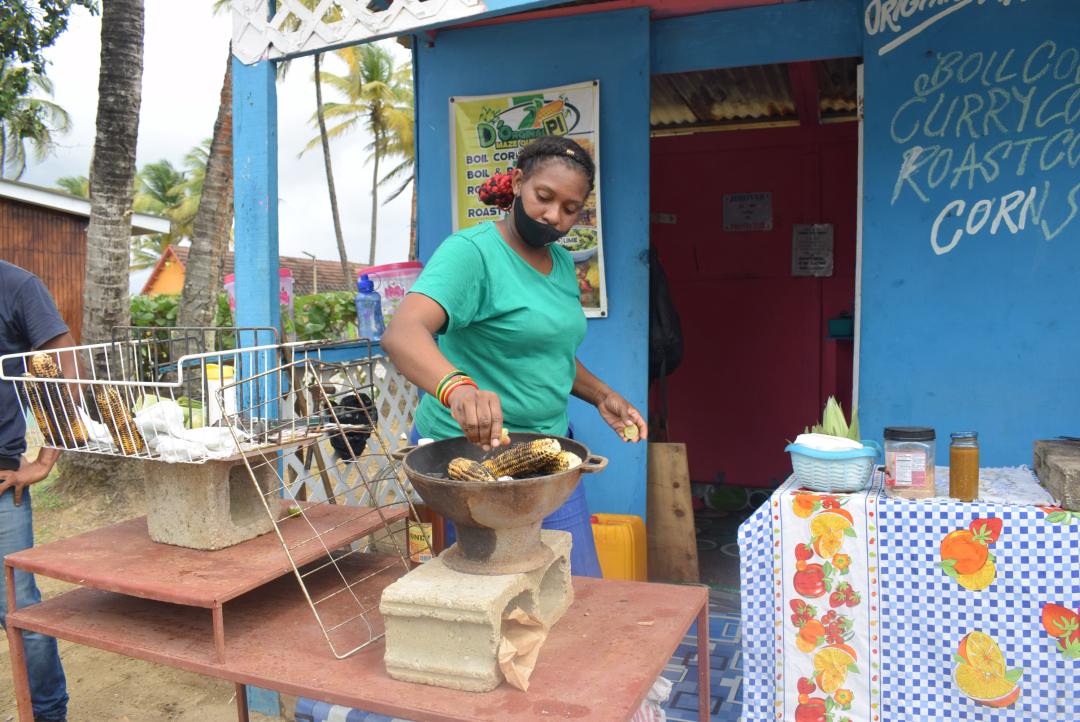


 1No poverty
1No poverty 8Decent work and economic growth
8Decent work and economic growth 10Reduced inequalities
10Reduced inequalities 15Life on land
15Life on land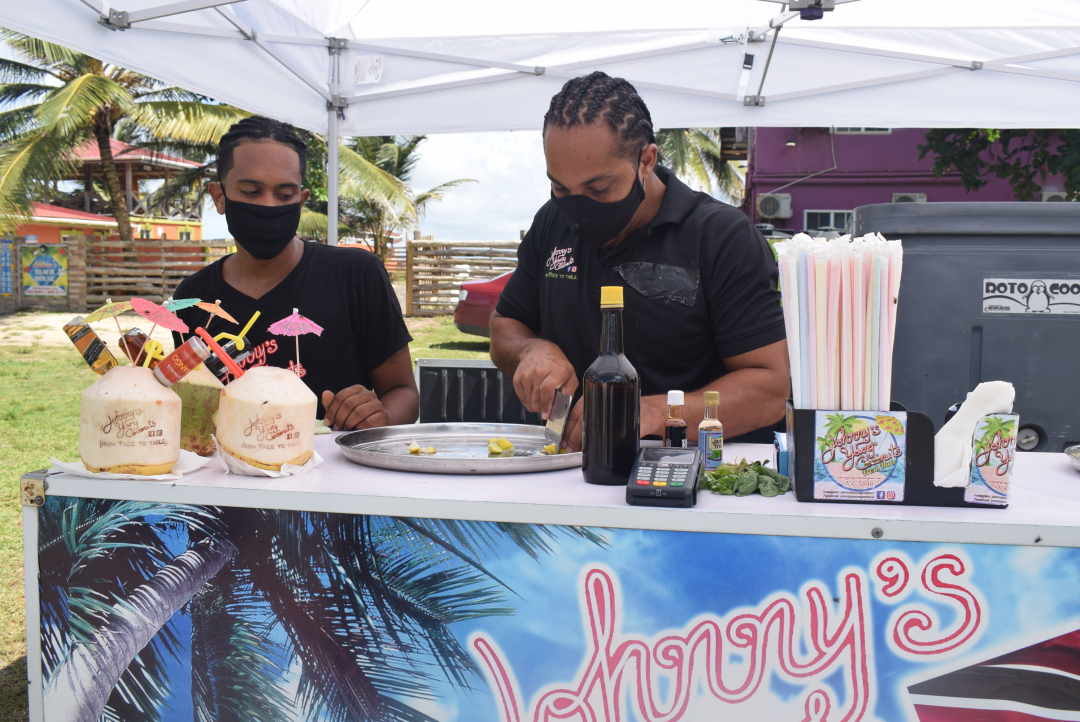














Comments
Log in to add a comment or reply.